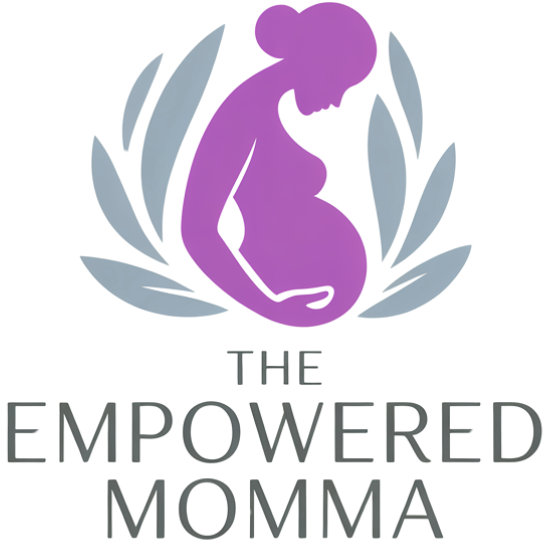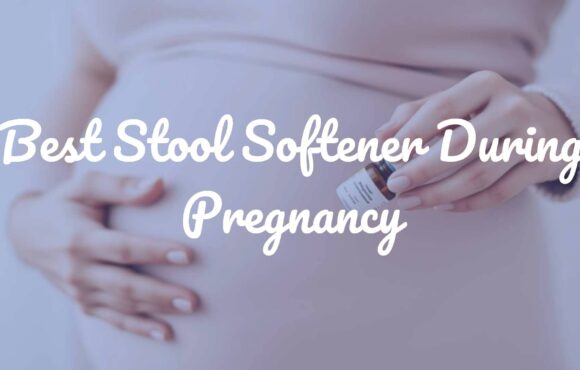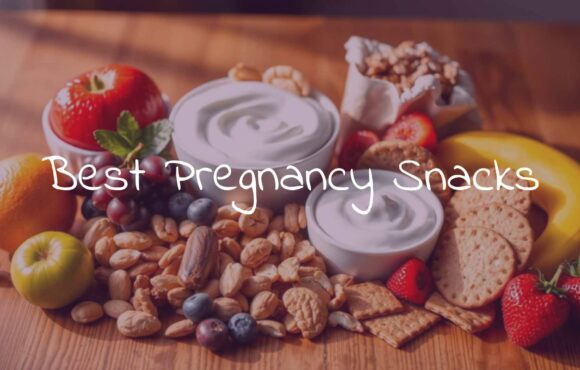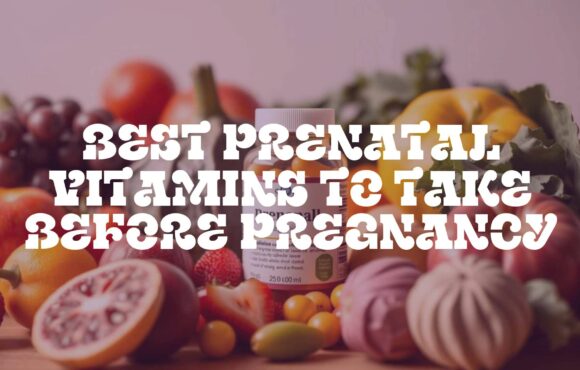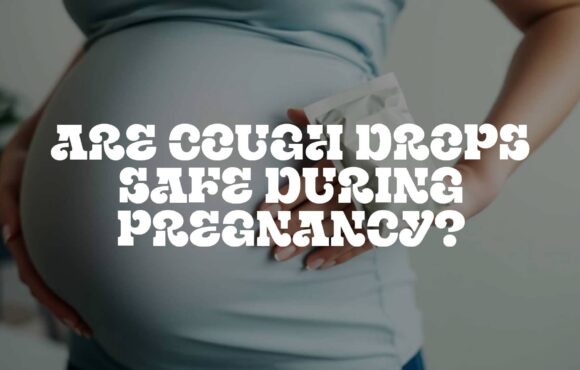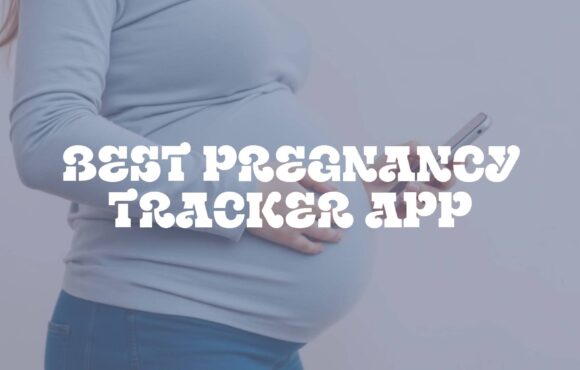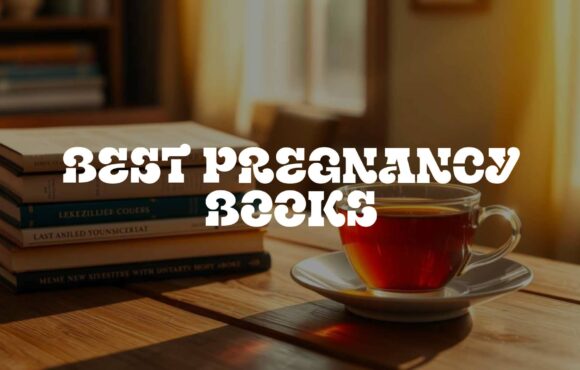Pregnancy often brings a surprising and unwelcome companion: heartburn. This burning feeling, a common sign of gastroesophageal reflux disease (GERD), affects about...
Welcome to TheEmpoweredMooma,
where your journey to motherhood is celebrated, supported, and guided with love and expertise. Whether you’re just beginning to think about pregnancy, navigating your first trimester, or preparing for the beautiful moment of birth, you’ve found your trusted companion. Here, we believe that knowledge is power, and every mom deserves to feel confident and informed throughout her pregnancy journey. From week-by-week pregnancy guides to birth preparation techniques, postpartum recovery tips, and real stories from fellow moms, we’re here to walk alongside you every step of the way. Your journey is unique, your strength is incredible, and your story matters – let’s embrace this beautiful chapter together.
Best Stool Softener During Pregnancy
Dealing with the many discomforts of pregnancy is common, and constipation is near the top of the list. So, what is the...
Best Pregnancy Snacks
Pregnancy brings big changes for you and your baby. Your hunger may grow because your body is building new tissue, making more...
The Best Tea for Pregnancy: Safe Sips and Teas to Avoid
Pregnancy comes with a lot of advice, especially about food and drinks. So, what is the best tea for pregnancy? Many teas...
Best Prenatal Vitamins to Take Before Pregnancy
Starting the path to parenthood is exciting and full of planning. One very important step, often delayed until a positive test, is...
Are Cough Drops Safe During Pregnancy?
Many expecting parents ask if cough drops are safe. In most cases, yes, they are fine to use during pregnancy. This can...
Best Pregnancy Tracker App
Pregnancy brings change every week, plus lots of new questions. A pregnancy tracker app can be a steady helper through it all....
Best Pregnancy Books
Pregnancy is exciting, but it can also feel overwhelming. There’s a lot of advice out there-some helpful, some confusing-and it’s easy to...
Top Wellness Influencers
Health and well-being are front and center today, and top wellness influencers help people find clear, useful paths to a healthier life....
What Defines Wellness Trends and Why Do They Matter?
Wellness trends are the changing practices, products, and ideas that shape how people approach health and well-being. These are more than short-lived...
Top Fitness Influencers
Fitness today has changed a lot thanks to online stars who share workouts, nutrition tips, and daily habits. These top fitness influencers...
Best Fitness Podcasts
With so much mixed advice and heavy science talk out there, finding your way to better health and fitness can feel hard....
It might come as a surprise, but your baby’s sex is determined right when conception takes place. Even though you won’t know the answer for months, whether you’re having a boy or a girl is decided from the moment the egg and sperm join. All the genetic material needed, including the information that sets your baby's sex, is in that very first cell.
It’s possible to start noticing some early signs of pregnancy at four weeks, though many women don’t experience any symptoms this soon. The hormonal changes happening in your body now can sometimes bring on noticeable changes. By week four, your body is starting a series of important changes as the tiny embryo (formerly called a blastocyst) implants in your uterus and starts to grow. Even though you might not look or feel different yet, a lot is going on inside. Knowing what’s happening in your body can help make sense of this exciting and sometimes confusing stage.
Between weeks 9 and 13 of pregnancy, your baby grows and changes quickly. By the end of this stage, your baby is "fully formed." This means all major organs, muscles, limbs, and bones are in place. There is still a lot of growing and maturing ahead, but the basic structures are ready. Your baby grows from a tiny embryo into a small fetus about 6 cm long and weighs around 18 grams-the size of a plum! These weeks are very important for development, as the baby goes from basic shapes to a more recognizable human form.
Welcome to the second trimester! For many people expecting a baby, weeks 13 to 16 are special because this is often when you first notice your baby moving. Even though your baby has been moving inside your womb for a while, these weeks are when you might finally feel those tiny twists and turns yourself. This first sensation, called quickening, helps you feel more connected to your growing baby. It often feels like a gentle flutter, a tickle, or a pop, letting you know your baby is getting bigger and stronger.
During weeks 16-20 of pregnancy, your baby starts to hear your voice and other noises! This stage marks an exciting step as your baby's hearing system becomes developed enough to notice both sounds inside your body and some coming from the outside. Although everything is still muffled, these first sound experiences are very important for your baby's brain and for building a close bond with you before birth.
You're halfway through your pregnancy! Weeks 20 to 24 are a special time, filled with noticeable changes for both you and your baby. Your baby’s organs are maturing quickly and starting to work together. What was once a tiny group of cells is now beginning to look and act more like a newborn. These weeks bring many exciting developments as your baby gets ready for life outside the womb
Between weeks 24 and 27 of pregnancy, your baby is getting ready for life outside the womb. This is when they start practicing breathing movements and continue to put on more weight. During this stretch of time, their organs are developing quickly, and their body is preparing for birth by building up fat and muscle.
As you reach weeks 28 to 32 of your pregnancy, you are now in the third trimester. This stage is marked by fast growth for your baby, new reactions to the world outside, and important final touches to their body systems. Your baby is not just growing passively anymore-they are starting to respond to light and sound from outside the womb and showing clearer patterns of being awake and asleep. Every movement you feel, no matter how small, is a sign of the amazing development happening inside you.
During weeks 32 to 36 of pregnancy, your baby usually rotates so that their head points down, getting ready for birth. This important stage is called the cephalic or vertex presentation. It is the natural way for your baby to prepare, aiming for the best position to be born. Most babies move into this head-down spot by week 32, but it’s normal if it happens a little later-even just before labor starts. You and your baby will notice changes: your body readies itself and you might sense more pressure low in your pelvis as your baby's head settles in place.
Newsletter
Your dream – our mission
“Babies are bits of star-dust blown from the hand of God. Lucky is the woman who knows the pangs of birth for she has held a star.”
Grace Hall
expert gynecologist
” The most important thing she’d learned over the years was that there was no way to be a perfect mother and a million ways to be a good one.”
Mark Brown
expert gynecologist
“Making the decision to have a baby is momentous. It is to decide forever to have your heart go walking around outside your body.”
Mia White
expert gynecologist
Contacts
We’re Here for You
Whether you have a question, a story to share, or just need a little extra support — we’d love to hear from you.
Reach out anytime. Your journey matters to us.
